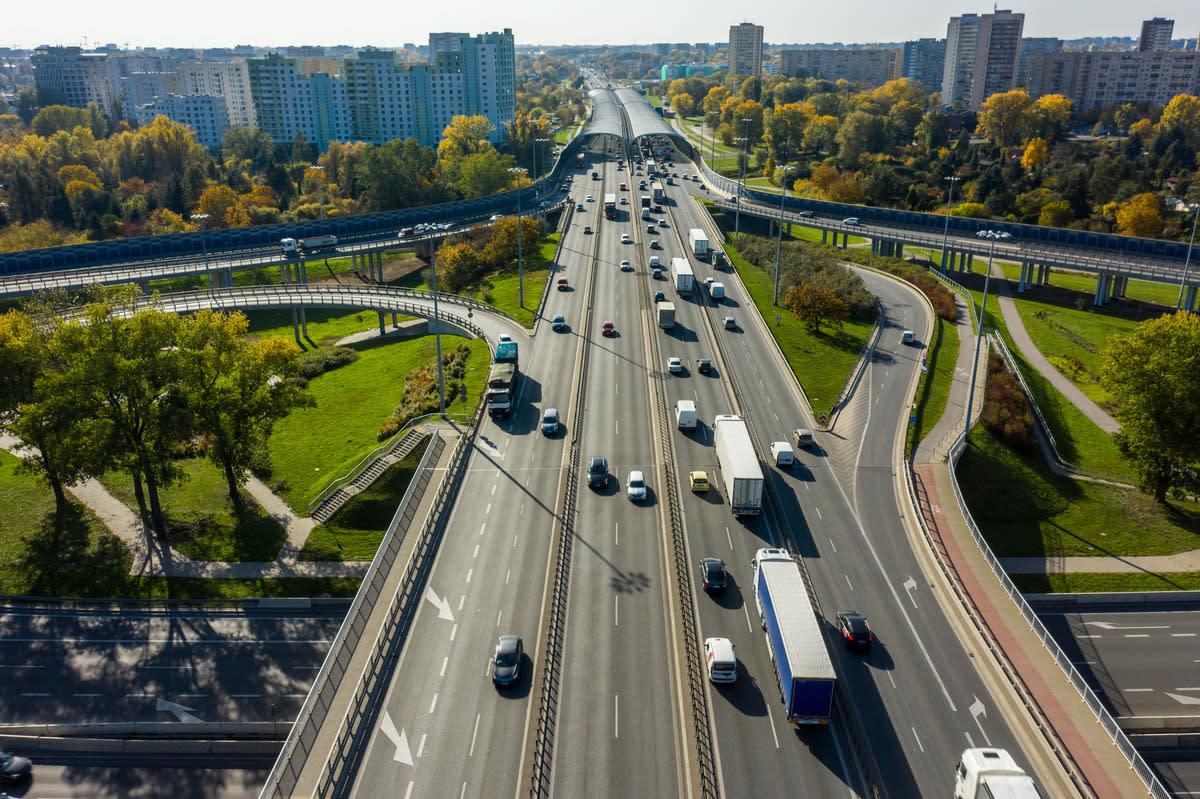For bicyclists, democratizing data is a matter of life and death
The Swedish government recently presented a national strategy for increasing access to data to enable digital innovation. As digital innovators and engineers, we at Futurice applaud the intention, and we want to shine a light on the challenges we’ve faced when trying to access data that could help keep cyclists safe on our roads. We hope that this perspective can contribute to a well-functioning implementation of the data strategy—and potentially mean the difference between life and death.

As experts on innovation within the mobility sector, we at Futurice have committed to improving the safety of bicyclists. Each year, roughly 2,000 cyclists are severely injured in traffic in Sweden. At the same time, people are encouraged to take up biking for various reasons ranging from public health to the environment.
When Futurice recently moved offices in Stockholm, our employees had a widespread concern about finding safe bicycle routes. We decided to put our know-how to use to solve this issue – but getting access to high-quality data turned out to be a big obstacle along the way.
In Sweden we have something called Strada (or Swedish Traffic Accident Data Acquisition in English) – a veritable gold mine for data on accidents. It’s maintained by the Swedish Transport Agency, and in order to access the data you need to be part of a governmental agency or academia. You could label it a clear case of data being “needlessly locked into sectors or at separate authorities, regions or municipalities” as the national data strategy puts it.
To ensure a successful implementation of the national data strategy, we wish to highlight three main problems as well as the solutions for each of them, which are necessary to address in order to make the “fuel for the digital economy” as potent as possible.
So, what are the actual problems?
Data is not available for private actors As highlighted by the example with the accident database Strada, the high-quality data that already exists is not made available to companies or individuals.
Companies don’t share data The amount of data collected by companies is huge, but very little is shared in a systematic way. Even data that is not business-critical and could benefit society seldom leaves the confines of companies.
Lack of coordination There is a distinct lack of a natural platform for sharing information and data between different types of actors. We also lack standards for data collection and attribution.
Now, how could these problems be solved?
Create a platform for data sharing By creating meeting places and norms for data collecting, it is possible to create a natural platform where data is the common language. The government will be the central player ensuring that information can flow freely between sectors, companies and countries.
Anonymize data and make it available to all The data collected by governmental agencies should be made available to all. To ensure personal privacy, the data should first be anonymized and aggregated as needed.
Share more data than the bare minimum Incentives and easy processes should be put in place to encourage companies to share more data than is required by laws and regulations. In the case of accident statistics, it would have been desirable for our purposes to know more about traffic flows and how people act in traffic.
The possibilities unlocked by increased data sharing are endless, and the national strategy is a commendable initiative. With the right implementation it will lay the foundation for Sweden to be a frontrunner within data-enabled innovation. At Futurice, our first step is to harness the power of data to help keep bicyclists safe – but this is just the beginning of what we can accomplish together.
 Johan LauriAlumnus (Data & AI Tech Lead), Futurice
Johan LauriAlumnus (Data & AI Tech Lead), Futurice



